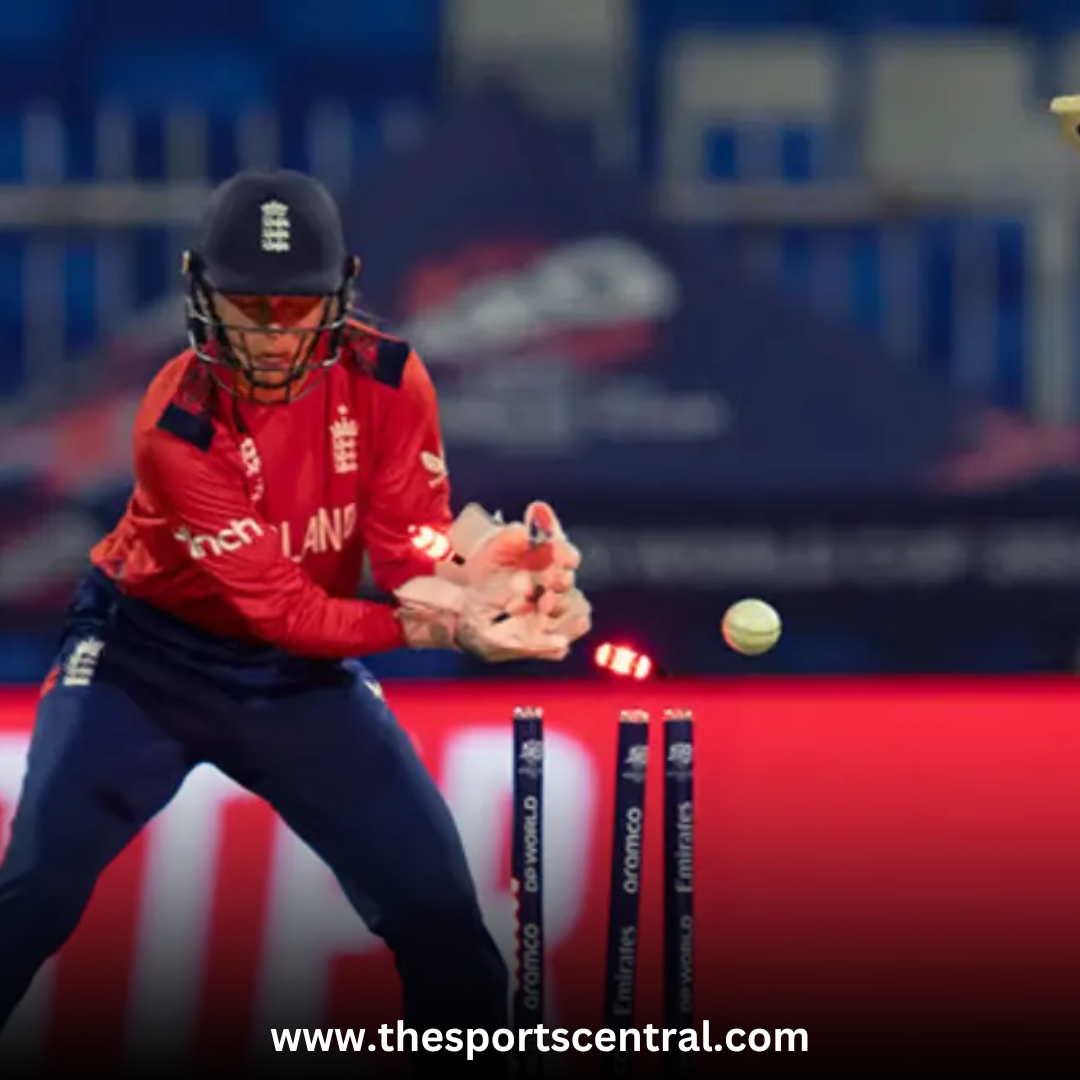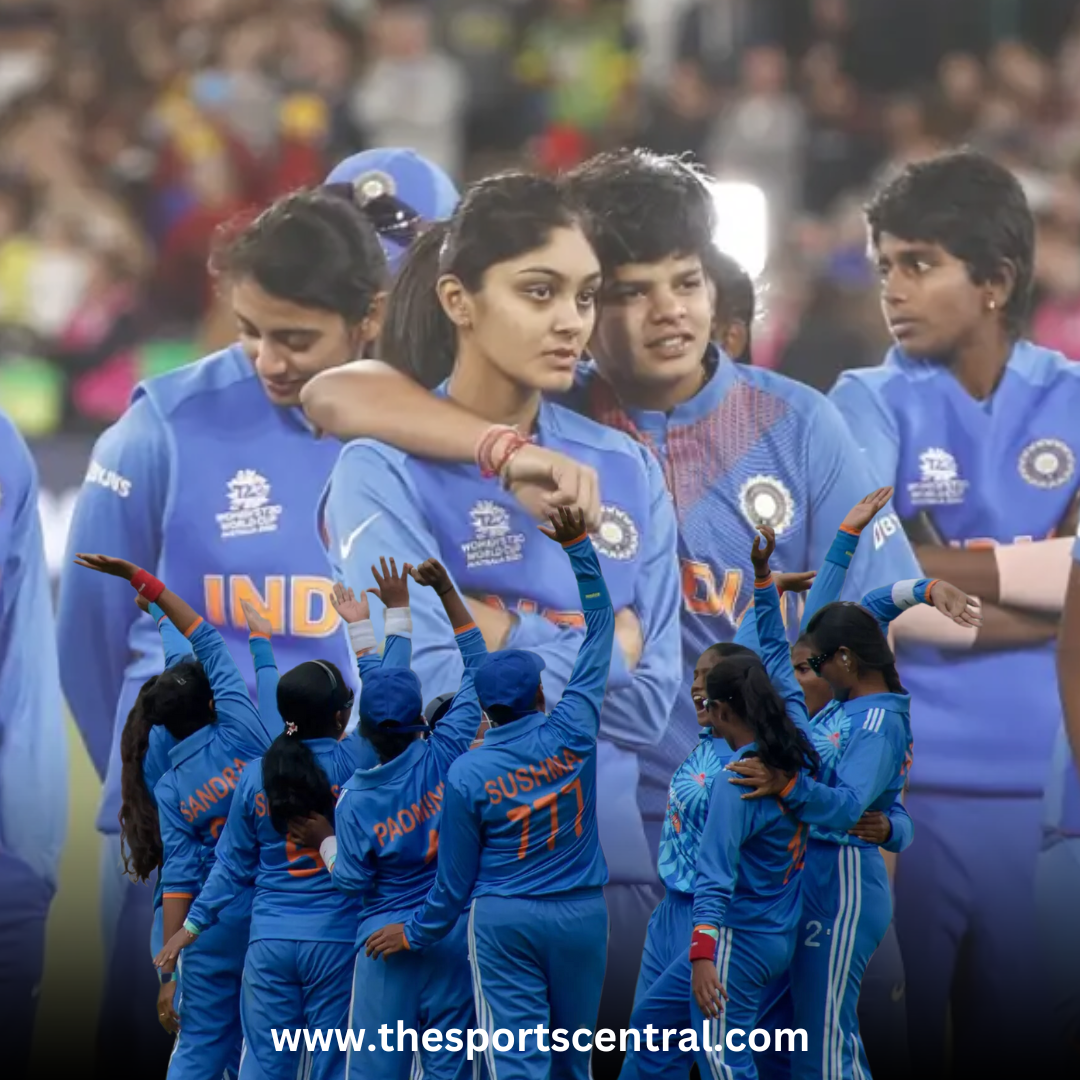In a scintillating display of power hitting and clinical bowling, England trounced West Indies by eight wickets in a crucial Super Eight match of the T20 World Cup 2024, held at the Daren Sammy National Stadium in St Lucia. Phil Salt’s devastating 87 not out and Jonny Bairstow’s unbeaten 48 guided England to a convincing victory, setting a formidable precedent for the rest of the tournament.
Match Summary
West Indies Innings: 180 for 4 (20 overs)
Johnson Charles: 38
Rovman Powell: 36
Adil Rashid: 1 for 21
England Innings: 181 for 2 (17.3 overs)
Phil Salt: 87*
Jonny Bairstow: 48*
Roston Chase: 1 for 21
Toss and Pitch Conditions
Opting to bowl first after winning the toss, Jos Buttler’s decision was influenced by the fine batting deck at the Daren Sammy National Stadium. The pitch was expected to favor the batsmen, and England’s strategy was to chase down any target set by West Indies. The conditions were perfect for a high-scoring game, with a clear sky and a quick outfield aiding the batsmen.
West Indies Innings: A Tale of Missed Opportunities
West Indies started their innings with a strong intent. After the early dismissal of Brandon King due to a side strain, Johnson Charles and Rovman Powell took the attack to the England bowlers. Charles, in particular, looked in fine touch, scoring a brisk 38 before falling to Moeen Ali.
Middle-Order Collapse
The middle order failed to capitalize on the strong start. Powell, after hitting Liam Livingstone for three sixes in one over, fell trying for a fourth, caught at short third by Mark Wood. This dismissal triggered a mini-collapse, with West Indies losing three wickets for just six runs in 12 deliveries.
Key Moment: Jofra Archer’s removal of Nicholas Pooran was a turning point. Pooran, who was set on 32, edged a sharp delivery to Buttler, leaving West Indies in a precarious position.
Late Surge by Rutherford
Sherfane Rutherford’s late cameo of 28 from 15 balls provided some respite for West Indies, pushing their total to a respectable 180. His aggressive batting, particularly against Wood, who conceded 19 runs in the 18th over, ensured West Indies had something to defend.
England’s Clinical Chase
England’s chase was marked by a steady start, aggressive middle overs, and a dominating finish. Salt and Bairstow’s unbroken 97-run partnership was the highlight of the innings.
Steady Start and Powerplay Dominance
England began cautiously, reaching 58 for no loss after the powerplay. Buttler’s dismissal for 23 by Roston Chase ended a 67-run opening stand. Moeen Ali, promoted to number three, couldn’t contribute much, leaving Salt and Bairstow to steer the innings.
Phil Salt’s Explosive Innings
Phil Salt’s innings was a masterclass in T20 batting. His 87 not out off 55 balls was punctuated by aggressive stroke play and smart rotation of strike. His assault on Romario Shepherd in the 16th over, where he scored 30 runs, was the highlight of the match. This over, featuring three fours and three sixes, was the joint-most expensive over bowled by a West Indian in T20 World Cup history.
Key Moment: Salt’s half-century came off 38 deliveries, but his acceleration thereafter ensured England chased down the target with ease. His ability to switch gears and attack the bowlers at the right moment was crucial.
Bairstow’s Supporting Role
Jonny Bairstow’s contribution was equally important. His 48 not out off 21 balls provided the perfect support to Salt. Bairstow’s innings included three sixes and four fours, showcasing his ability to find boundaries at will. His aggression in the middle overs, particularly against Alzarri Joseph and Akeal Hosein, kept the required run rate in check.
Bowling Performances
England’s bowlers, particularly Adil Rashid and Jofra Archer, played key roles in restricting West Indies. Rashid’s economical spell of 1 for 21 was instrumental in applying pressure in the middle overs. Archer’s pace and accuracy, highlighted by his dismissal of Pooran, were crucial in the death overs.
Adil Rashid: The Spin Maestro
Rashid’s four-over spell was a testament to his experience and skill. He not only took the crucial wicket of Andre Russell but also maintained a tight line and length, conceding just 21 runs. His variations in flight and pace kept the West Indian batsmen in check.
Key Moment: Rashid’s dismissal of Russell, who nailed a googly straight to wide long on, was pivotal. It broke West Indies’ momentum and curtailed their chances of posting a bigger total.
Jofra Archer: The Pace Spearhead
Archer’s spell was marked by his pace and control. Consistently clocking around 90 mph, he troubled the West Indian batsmen with his sharp bouncers and yorkers. His economy rate of 6.58 in the tournament reflects his effectiveness.
Key Moment: Archer’s wicket of Pooran, caught behind by Buttler, was a key moment in the match. It vindicated Buttler’s decision to persist with Archer in the death overs, highlighting the bowler’s ability to deliver under pressure.
Fielding and Running Between the Wickets
England’s fielding was sharp, and their running between the wickets was exemplary. The contrast between the two teams was stark, with West Indies registering 51 dot balls – an unwanted record in T20 World Cup history for a team posting 180 or more.
Efficient Running
England’s batsmen ran three more twos in 15 fewer deliveries compared to West Indies. This proactive approach kept the scoreboard ticking and added pressure on the West Indian bowlers. A noteworthy moment was in the fourth over when Buttler and Salt managed a three, setting the tone for their innings.
Post-Match Reflections
Player of the Match: Phil Salt
Phil Salt’s outstanding innings earned him the Player of the Match award. His ability to adapt and accelerate at the right moments was instrumental in England’s victory. Salt’s post-match comments highlighted the importance of Bairstow’s support and the team’s collective effort.
Quote: “Once Jos got out, I had to be the batter to bat through,” Salt said. “For Jonny to come out and take the pressure off me by taking calculated risks, I couldn’t be happier about that as a teammate.”
England’s Strategy and Execution
England’s strategy to bowl first and chase down the target was executed to perfection. The bowlers, led by Rashid and Archer, restricted West Indies to a manageable total. The batsmen, particularly Salt and Bairstow, ensured the target was chased down with 15 deliveries to spare.
Key Insight: The team’s ability to adapt to different situations and execute their plans efficiently has been a hallmark of their success in the tournament.
West Indies’ Missed Opportunities
West Indies had their moments but failed to capitalize on key opportunities. The middle-order collapse and the inability to rotate the strike effectively were major factors in their defeat. The dropped catch of Salt on seven in the third over proved costly, as he went on to anchor England’s chase.
Reflection: West Indies will need to address their batting inconsistencies and improve their fielding to compete effectively in the remaining matches of the Super Eight stage.
Looking Ahead
England’s comprehensive victory over West Indies has set a high benchmark for the rest of the teams in the Super Eight stage of the T20 World Cup 2024. With their confidence high and their strategies working seamlessly, England will look to continue their winning momentum in the upcoming matches.
For West Indies, it’s a moment to regroup and reassess their strategies. They have the talent and firepower to bounce back, but will need to iron out the flaws that were evident in this match.
England’s dominant performance against West Indies was a masterclass in T20 cricket. From Phil Salt’s explosive batting to Adil Rashid’s crafty spin bowling, every aspect of their game was on point. This victory not only strengthens their position in the Super Eight stage but also sends a strong message to their competitors. As the T20 World Cup 2024 progresses, fans can expect more thrilling encounters and standout performances from both these teams
write your reviews for us at Google reviews.










